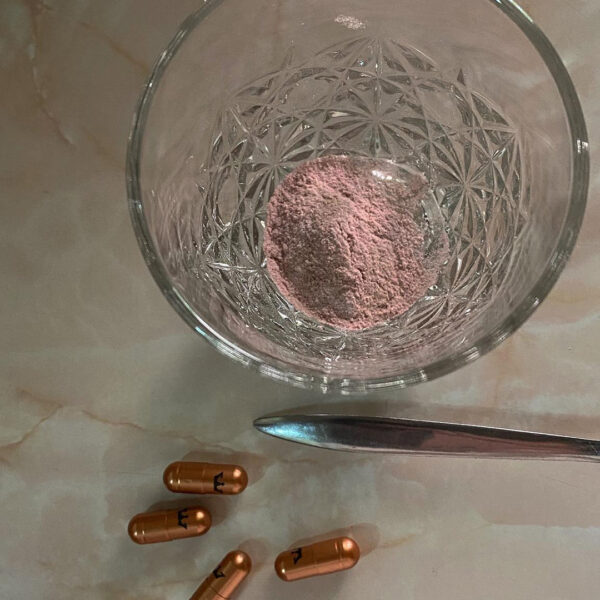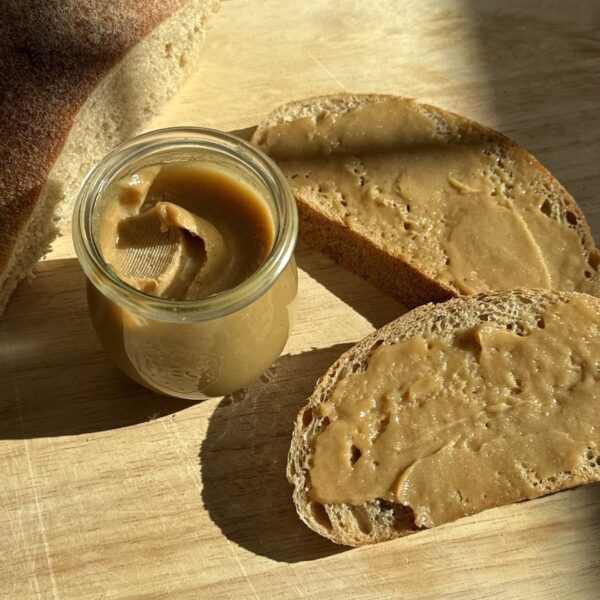Don’t we already suffer enough every month? Do we really need to start limiting our food choices, too? Well, there’s the paradox. Certain foods and compounds can make us feel much, much worse when we are blessed with our monthly bleed, so taking the right precautions before and during can mitigate and even prevent some of that pain.
We spoke with Dr. Uma Naidoo, a Harvard-trained nutritional psychiatrist, professional chef, nutrition specialist, and author of the national bestseller This is Your Brain on Food, to tell us a little about what foods can make things a little more painful for us when we are on our period, and what we should steer clear of. Some of them are surprising, and some of them not so much. We like to rely on our common sense, but sometimes we need an explanation.
Coffee
“While the fatigue many of us experience during our period leads us to seek an energy boost from coffee, it may actually contribute to more discomfort: caffeine is a potent vasoconstrictor, which means it tightens the blood vessels that supply the uterus. Coupled with the increased contractions of the uterus, this can contribute to more painful cramping. Seeking a low or caffeine-free alternative, such as matcha tea or golden milk (my favorite!), might be a great way to get that much-needed energy boost while also providing pain relief.”
We adore matcha as a low, bio-available, non-crashing, high-antioxidant treat all month long, period aside. Plus, if we add our favorite healthy milk alternative and a little Manuka honey, it’s a delicious, craving-curbing treat!
Processed foods
“Processed foods, like packaged snacks and frozen meals, are often high in preservatives, chemicals, unhealthy fats, and added sugars, which are all associated with inflammation in the gut, brain, and body,” Dr. Naidoo explains.
“During the week of one’s period, this can exacerbate symptoms of bloating, fatigue, abdominal pain or cramping, and general low mood. It is best to choose nutrient-dense, unprocessed whole foods instead, like vegetables (e.g., cauliflower, broccoli, green beans), berries, nuts (e.g., hazelnuts, macadamias, almonds), and seeds (e.g., flax, hemp, chia), as these are anti-inflammatory and may help counteract symptoms.”
Sugary foods
This one definitely feels counterintuitive, especially in the face of serious cravings. But there are healthy sugars we can eat, and of course like all things, in moderation.
“Sugary foods, such as baked goods, candy, soda, and sports drinks, tend to be filled with added and refined sugars, making them high in simple carbs, which lack fiber. Eating simple carbs leads to extreme blood sugar fluctuations, which then leads to inflammation and can further influence mood swings,” Dr. Naidoo shares. We don’t need to exacerbate the mood swings, please and thank you.
“When the body is already experiencing hormonal fluctuations that affect mood, it is best to stick with foods low on the glycemic index scale, such as berries and non-starchy vegetables, paired with healthy fats and proteins like avocados, plain yogurt, olives, and wild-caught fish (e.g., salmon), which are more complex and slower to digest.”
Salty foods
“Many people experience bloating during that time of the month due to hormonal changes. To avoid worsening this symptom, it is best to avoid salty or high-sodium foods, as these can cause the body to retain even more water. Try swapping french fries or packaged potato chips with my recipe for Miso Sweet Potatoes (p. 279) from my book, This is Your Brain on Food, for a delicious alternative.” Miso is so perfectly savory, it’s ideal for these kinds of cravings!
Foods that disrupt digestion
“During your period, your uterus produces chemical messengers called prostaglandins, which are responsible for contracting the uterus and shedding its lining, which causes, you guessed it, your cramps. These prostaglandins also stimulate the smooth muscles of your gastrointestinal tract to push its contents along, so if you experience gut issues or an increased need to pass bowel movements during your period, this may be why.” Damn. The more you know.
“Given the increased possibility for GI troubles, it may be advisable to avoid foods that would cause constipation or diarrhea even on a non-period day: for many folks, this includes cheese, processed dairy products, foods made with refined/white flours, alcohol, and gluten, if you are gluten sensitive. On the flip side, increasing your fiber intake may help ease PMS as well as period discomfort.”
Shop our daily supplements collection:
The content provided in this article is provided for information purposes only and is not a substitute for professional advice and consultation, including professional medical advice and consultation; it is provided with the understanding that Poosh, LLC (“Poosh”) is not engaged in the provision or rendering of medical advice or services. The opinions and content included in the article are the views of the interviewee only, and Poosh does not endorse or recommend any such content or information, or any product or service mentioned in the article. You understand and agree that Poosh shall not be liable for any claim, loss, or damage arising out of the use of, or reliance upon any content or information in the article.
Up next, be the first to know our weekly content and sign up for our Poosh newsletter.




































